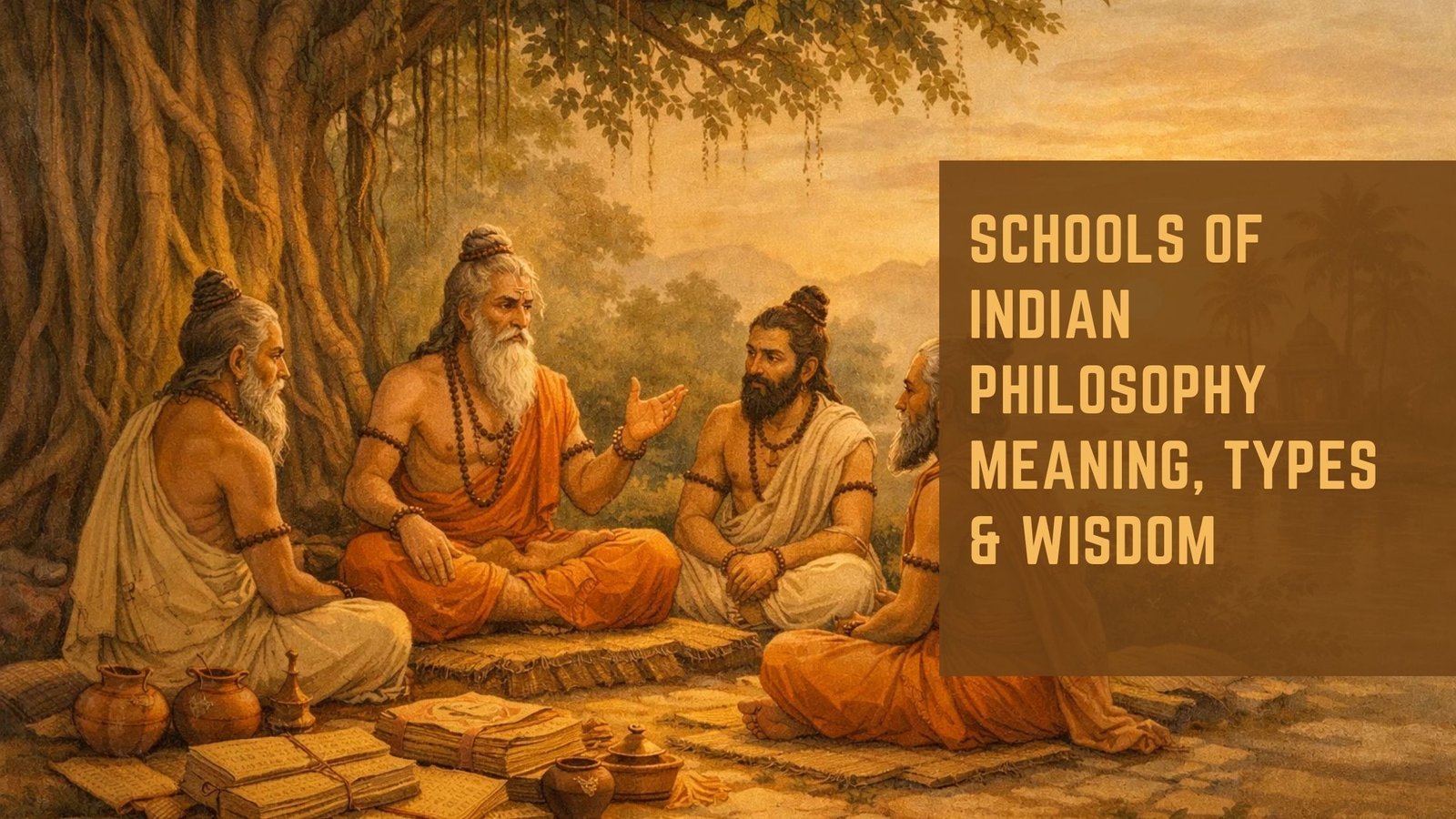In the divine discourse of the Bhagavad Gita, Shree Krishna reveals the timeless wisdom of Karma Yoga, the Yoga of Action, in Chapter 3. He instructs Arjun that action is an unavoidable part of life. No soul can remain without performing actions, even for a moment. All beings are compelled to act according to their nature—driven by the three gunas: sattva (goodness), rajas (passion), and tamas (ignorance).

“न हि कश्चित्क्षणमपि जातु तिष्ठत्यकर्मकृत्।
कार्यते ह्यवशः कर्म सर्वः प्रकृतिजैर्गुणैः॥”
(No one can remain without action even for a moment. Everyone is helplessly driven to action by the qualities born of nature.)
— Bhagavad Gita 3.5
Shree Krishna glorifies those who follow Karma Yoga—those who fulfill their duties diligently in the world but remain inwardly detached from outcomes. Such individuals are spiritually advanced, in contrast to those who falsely renounce action outwardly while inwardly craving sensual pleasures.
“कर्मेन्द्रियाणि संयम्य य आस्ते मनसा स्मरन्।
इन्द्रियार्थान्विमूढात्मा मिथ्याचारः स उच्यते॥”
(Those who restrain the organs of action but continue to dwell on sense objects in the mind are self-deluded and are called hypocrites.)
— Bhagavad Gita 3.6
Karma Yoga teaches that every being has a divine role within the cosmic order. The Vedas prescribe yajña (sacrifice) to please the celestial gods, who in turn bless humanity with rain, which nurtures food crops. This cycle sustains life, and contributing to it through responsible action is a sacred duty.
“अन्नाद्भवन्ति भूतानि पर्जन्यादन्नसंभवः।
यज्ञाद्भवति पर्जन्यो यज्ञः कर्मसमुद्भवः॥”
(All living beings subsist on food, food is produced by rain, rain arises from sacrifice, and sacrifice is born of action.)
— Bhagavad Gita 3.14
Those who enjoy the fruits of nature without offering anything back live selfishly and sinfully. According to Karma Yoga, to work without contributing is to break the divine cycle and live in vain.
“एवं प्रवर्तितं चक्रं नानुवर्तयतीह यः।
अघायुरिन्द्रियारामो मोघं पार्थ स जीवति॥”
(He who does not follow the cycle of sacrifice and lives only for sensory pleasure lives in vain.)
— Bhagavad Gita 3.16
However, when work is done as an offering to God, it becomes yajña, and such action aligns perfectly with the principles of Karma Yoga. It purifies the heart and frees one from bondage.
“यज्ञार्थात्कर्मणोऽन्यत्र लोकोऽयं कर्मबन्धनः।
तदर्थं कर्म कौन्तेय मुक्तसङ्गः समाचर॥”
(Perform your duties for the satisfaction of God. Work done as a sacrifice liberates; otherwise, it binds.)
— Bhagavad Gita 3.9

Shree Krishna further distinguishes between the enlightened and the ordinary. Enlightened souls, though free from obligation, still engage in duties selflessly to set an example. This, too, is a vital teaching of Karma Yoga—the idea that wise individuals must act not for themselves, but to uplift society.
“न मे पार्थास्ति कर्तव्यं त्रिषु लोकेषु किञ्चन।
नानवाप्तमवाप्तव्यं वर्त एव च कर्मणि॥”
(O Arjun, I have no duty in the three worlds, yet I still engage in action to guide others.)
— Bhagavad Gita 3.22
A classic example of Karma Yoga in action is King Janak, who, though enlightened, fulfilled his role as king and father without attachment, inspiring his people by example.
Arjun, troubled by human weakness, then asks why people commit sins unwillingly. Shree Krishna unveils the hidden enemy: desire (kāma). This inner lust clouds judgment and compels one to act against their will. The remedy lies in mastering the senses and purifying the intellect through the discipline of Karma Yoga.
“काम एष क्रोध एष रजोगुणसमुद्भवः।
महाशनो महापाप्मा विद्ध्येनमिह वैरिणम्॥”
(It is lust alone, born of passion, that is the all-consuming enemy—know it to be the source of sin.)
— Bhagavad Gita 3.37
Just as smoke veils fire, dust clouds a mirror, or a womb hides the fetus, desire veils true knowledge. But through the path of Karma Yoga, one can overcome these obstructions and attain clarity and peace.
“धूमेनाव्रियते वह्निर्यथादर्शो मलेन च।
यथोल्बेनावृतो गर्भस्तथा तेनेदमावृतम्॥”
— Bhagavad Gita 3.38
In the final verses of this chapter, Lord Krishna urges Arjun to control the senses and destroy desire—the destroyer of knowledge and self-realization. This victory is possible only through inner discipline and the committed practice of Karma Yoga.
“तस्मात्त्वमिन्द्रियाण्यादौ नियम्य भरतर्षभ।
पाप्मानं प्रजहि ह्येनं ज्ञानविज्ञाननाशनम्॥”
(O Arjun, discipline the senses first and slay this sinful enemy called desire, which destroys wisdom.)
— Bhagavad Gita 3.41

Embracing Karma Yoga
The message of Karma Yoga is eternally relevant. It teaches us to act without attachment, perform our duties with devotion, and surrender the results to the Divine. Through the sincere practice of Karma Yoga, one can live a balanced, purposeful, and spiritually aligned life—contributing to the welfare of the world while progressing toward liberation.
Ready to dive deeper into the divine teachings of the Gita?
Explore detailed verse-by-verse explanations and uncover the timeless wisdom hidden in every shloka.
Click here to begin your journey into the heart of the Gita.












